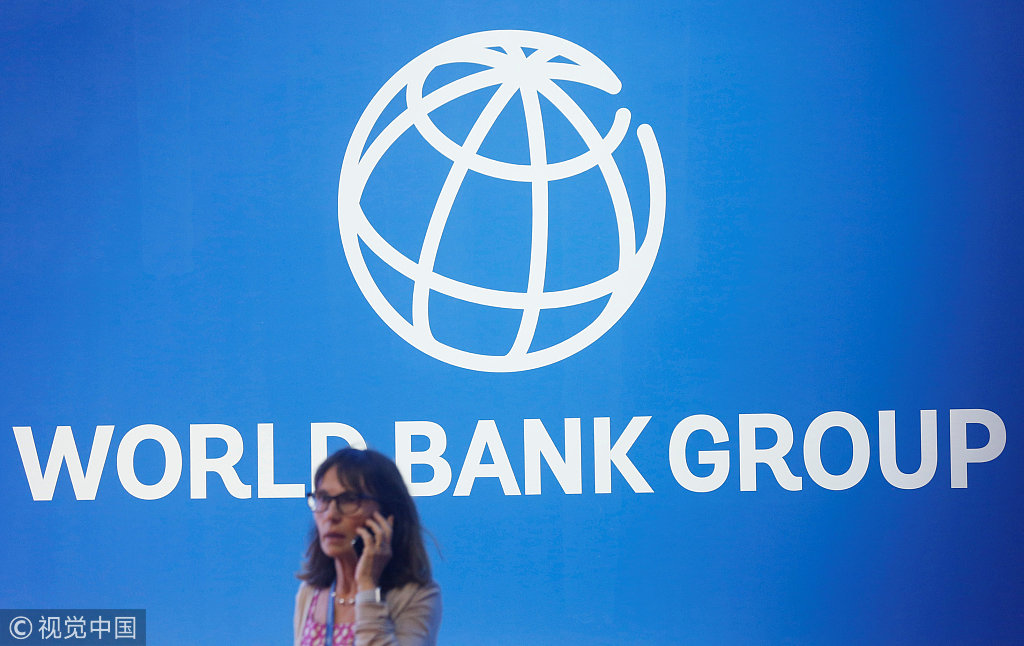World Bank to choose next president


As Jim Yong Kim officially steps down from the position of World Bank Group president on Friday, the world's largest lender has started the process to choose his successor, in which the US holds strong influence.
The nominations for the new president should be submitted from February 7 to March 14, according to a press release World Bank (WB) released on January 10.
The bank's president has traditionally been an American nominated by the US government. Kim, who left the position three years before his term ends in 2022, was nominated by former US President Barack Obama for two five-year terms.
Ivanka Trump and Heidi Cruz, wife of Texan senator Ted Cruz, have been reported to be considered as candidates in the past month but the finalist seems to be a Donald Trump loyalist, Treasure Undersecretary David Malpass, Bloomberg reported on Wednesday, citing people familiar with the matter.
Malpass, an economist and former Trump campaign adviser, served as a deputy secretary at the State Department under George HW Bush and chief economist at Bear Stearns Cos, the report said, noting he is "one of the administration's more prominent voices on international economic matters."
Although a previous Reuters report quoted two people familiar with Kim's resignation said he was leaving of his own accord and was "not pushed out" by the Trump administration, there are signs that he has differences with the Trump administration over climate change and resource allocation.
Kim has been offering more support for green energy projects and less for coal power investments, while Trump, under his "American First" strategy, has been trying to revive the US coal industry.
Just a month before Kim's resignation, the World Bank announced it was investing 200 billion US dollars from 2021 to 2025 for climate action.
Kim's sudden left triggered a discussion that the world's largest lenders, including International Monetary Fund (IMF), was "in the service of many, not the few," The Guardian reported on Thursday.
The two institutions, which were founded more than seven decades ago, still operates according to old rules: the US decides the head of the WB and Europe picks for the IMF.
But other members, especially emerging economies may not want to continue the rules. "The changing global economic landscape makes the convention outdated. There are many excellent potential candidates across the globe, just as there probably are in the US," former US IMF executive director and Treasury official Mark Sobel said in a recent article.




































